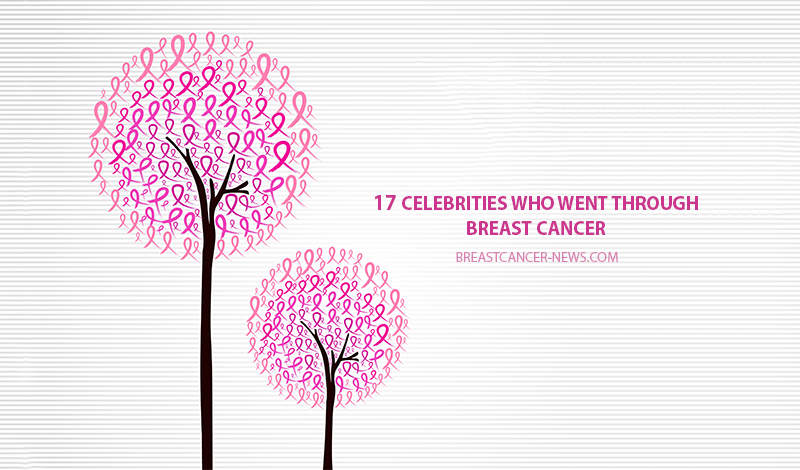13. Olivia Newton-John
Olivia Newton-John inspired generations with her performance in Grease. In 1992, the actress and singer was treated with surgery and chemotherapy for breast cancer. After the treatment, Olivia Newton-John went to Australia to recover where she recorded Gaia, One Woman’s Journey, an auto-biographic and intimate album.
14. Robin Roberts
Robin Roberts is known for working as an anchor for Good Morning American and formerly as an ESPN reporter, she was diagnosed with early-stage breast cancer in 2007. Robin Roberts was treated with chemotherapy and she returned to work right after the treatment. Six years later, she announced publicly that had been diagnosed with myelodysplastic syndrome, a problem that may result from breast cancer treatments.
15. Sheryl Crow
Sheryl Crow became an advocate for breast cancer, working to raise funding and awareness, before knowing that she would face the disease herself. The country music singer was diagnosed with breast cancer in 2006, and was treated with both minimally invasive surgery and radiation. After the treatments, she embraced a healthy diet and lifestyle.
16. Suzanne Somers
Actress, author, singer, businesswoman and health spokesperson, Suzanne Somers, was diagnosed with breast cancer but her decision on how to address the condition was received with great controversy by the public. Suzanne Somers decided not to receive chemotherapy as advised by the physicians and she sought alternative therapies and holistic medicine instead. To promote these alternatives, she wrote Knockout.
17. Wanda Sykes
Comedienne Wanda Sykes was in the middle of her stand-up comedy tour when she was diagnosed with non-invasive breast cancer. The cancer had been detected following a routine breast reduction in early 2011 and regardless of the low risk, Wanda Sykes decided to undergo a double mastectomy. About a month after recovering, the comedian got back to work.
Learn more about breast cancer: http://bit.ly/learnBreastCancer
Breast Cancer News is strictly a news and information website about the disease. It does not provide medical advice, diagnosis or treatment. This content is not intended to be a substitute for professional medical advice, diagnosis, or treatment. Always seek the advice of your physician or other qualified health provider with any questions you may have regarding a medical condition. Never disregard professional medical advice or delay in seeking it because of something you have read.

